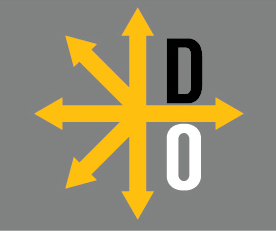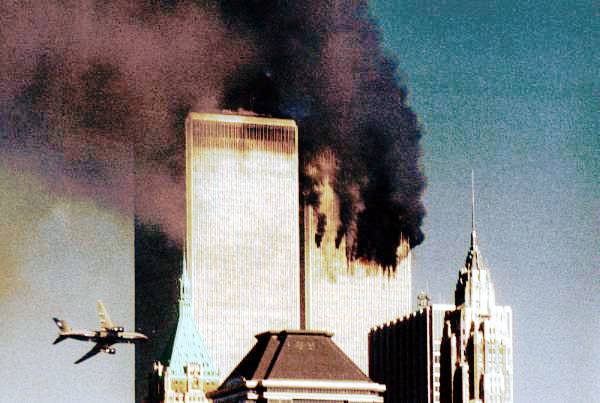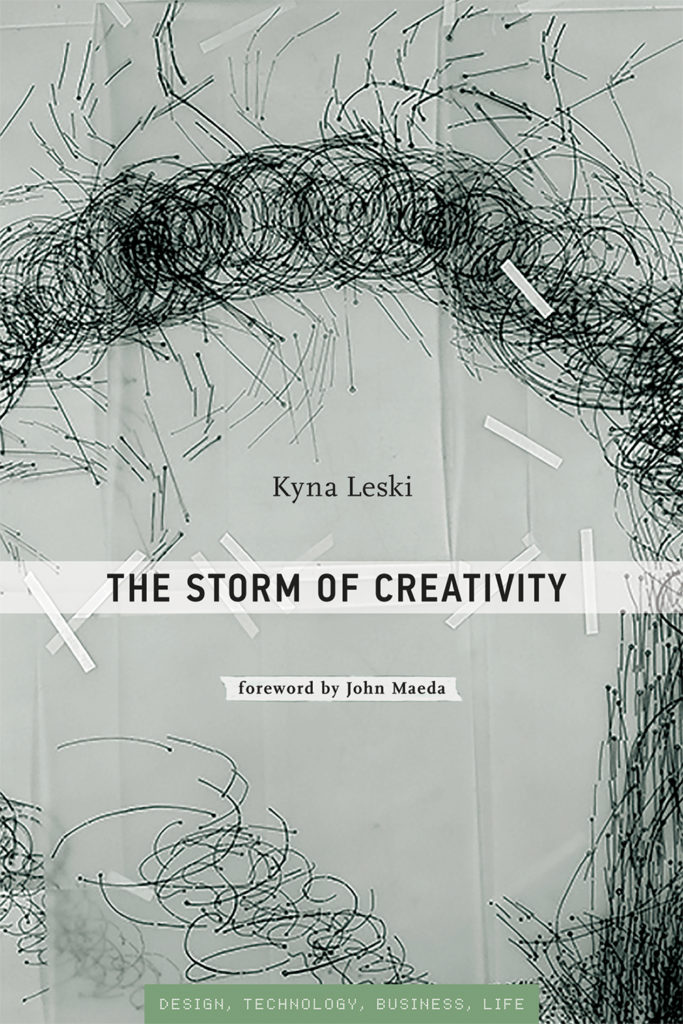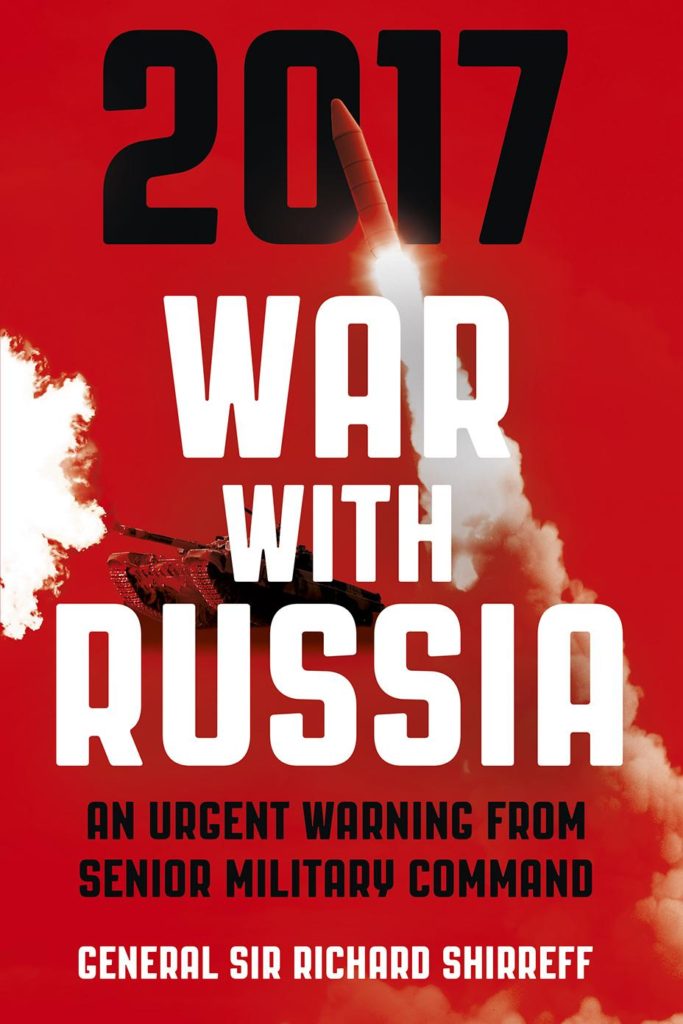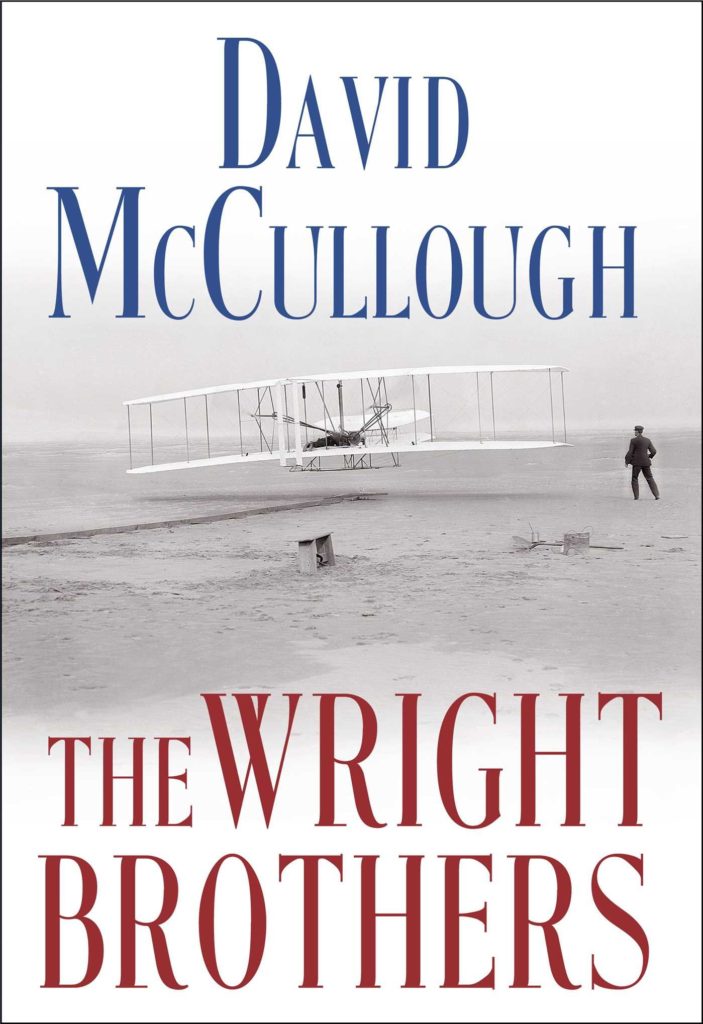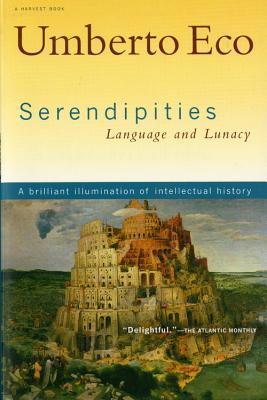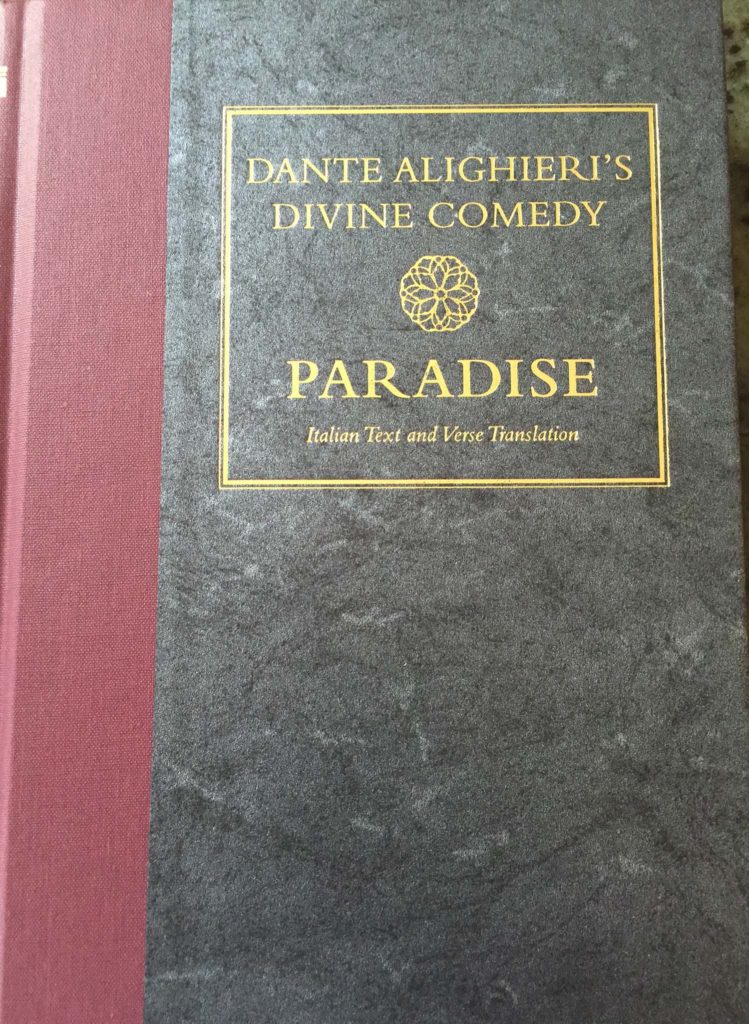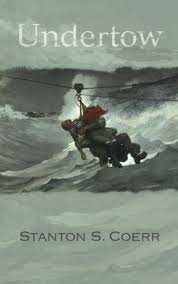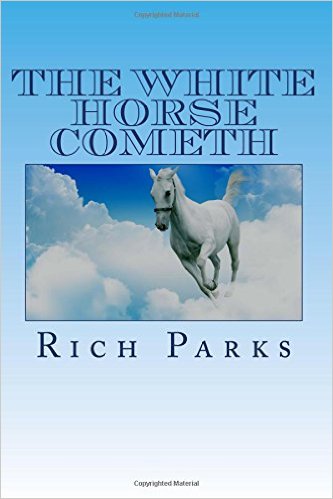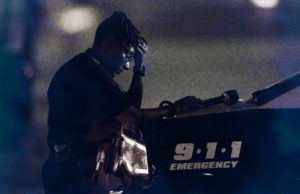New Article up at Divergent Options
Monday, January 16th, 2017[by Mark Safranski / “zen“]
I have a piece up at Divergent Options, a new national security site that aims to provoke thought regarding foreign policy with a concise template that distills the essence of foreign policy problems and provides but does not recommend options. As DO describes it:
What We Do: In 1,000 words or less, Divergent Options provides unbiased, dispassionate, candid articles that describe a national security situation, present multiple options to address the situation, and articulate the risk and gain of each option. Please note that while we assess a national security situation and provide options, we never recommend a specific option.
Who We Communicate To: Our intended audience is National Security Practitioners worldwide. We keep our articles short and to the point because we know that Practitioners have a limited amount of time and are likely reading our content on a digital device during a commute, a lunch break, or in-between meetings
My post is an effort to reconnect Syrian policy, widely regarded as a disaster by most foreign policy pundits, back to a coherent grand strategy.
Syria Options: U.S. Grand Strategy
[…]
Background: Aleppo has fallen and with it the last shreds of credibility of President Obama’s policy on Syria. None of Obama’s policy goals for Syria since the Arab Spring revolt were achieved. In Syria, the Assad regime has crushed western-backed opposition fighters with direct Russian and Iranian military ground support; the Islamic State in Iraq and Syria (ISIS) still controls swaths of Syrian territory[1] and North Atlantic Treaty Organization (NATO) ally Turkey has conspired with Iran and Russia to exclude the U.S. and UN[2] from Syrian settlement talks.
Significance: While Syria itself is of little strategic value to the U.S. beyond secondary implications for Israeli security, the utter failure of the Obama administration has brought U.S. diplomatic prestige to a nadir reminiscent of the Iranian hostage crisis or the fall of Saigon. Worse, defeat in Syria occurred in a broader context of successful Russian aggression in Ukraine, uncontested Russian meddling in an U.S. presidential election, and perceptions of U.S. strategic concessions to Tehran in the Iran nuclear deal (Joint Comprehensive Plan of Action or JCPOA[3]). Should the next administration want to accomplish more than Obama, it is vital that they 1) address Syria within the context of increased Russian-U.S. competition and 2) seize the initiative in restoring the influence of U.S. leadership with substantive and symbolic policy changes in regard to Syria and Russia.
Read the rest here.
